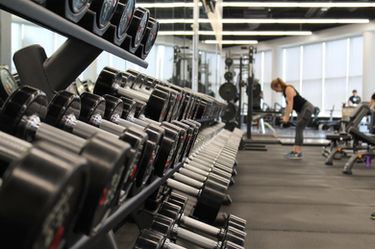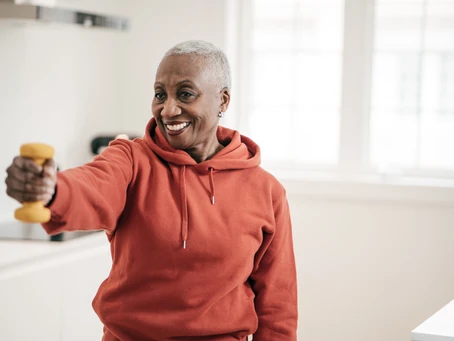I remember my first shift as a personal trainer at a big box gym pretty clearly: My manager had just finished showing me their system that uses an algorithm to estimate which members checking in that day were at “high risk” of cancelling their membership. Then, I was told to talk to 5 of those people each hour that I was working on the gym floor that day. Headphones in? Zoned in on one of the cardio machines? A mom of 4 trying to enjoy the one quiet hour that she gets to herself that day? Doesn’t matter!

If you’ve had any sort of past experience with a big box gym, one common word might come to mind – sales. Unfortunately, as someone who has worked for one of these businesses, I’ve found that the same word becomes tied to our ideas and notions of personal trainers. This creates a considerable amount of distrust for the profession since personal trainers are frequently and unsuitably thought of as sales people… and who really trusts the salesman?
For those of you who are unfamiliar with the term, a “big box gym” refers to a health and fitness club that offers a large space filled with weights and cardio equipment, group fitness classes, and personal training. Typically, these are major franchise fitness facilities. GoodLife Fitness, Gold’s Gym, and Anytime Fitness are a few well-recognized examples. Although these gyms are convenient in terms of location, pricing options, and exercise equipment, they often have poor standards of customer care and employee well-being. Big box gyms have a “one size fits all” approach to health and fitness and they work off of a high-volume business model, which means that the more people they bring in to sign contracts, the better. Quantity > quality, right? An unfortunate truth of these fitness clubs is that they don’t really care if you’re using your membership regularly – only that you’re paying for it regularly.
From my experience working as a personal trainer at a big box gym, it is absolutely not the trainers that are the issue. The system they’re working under is broken. All of my coworkers had one thing in common: they wanted to use their experience and expertise to help their clients improve their physical health and mental well-being. They genuinely cared about their clients. Unfortunately, the way that the company was run as a whole makes this difficult. The trainers that were rewarded the most were those that could sell the most, not those who actively worked on updating their knowledge, accreditations, or experience. Not even those who regularly helped their clients to meet their goals. From what I’ve seen, it doesn’t even matter if you’re giving your clients the correct information. As long as you’re great at sales, you’re thought of as a good employee. Ultimately, personal trainers are forced to play the game so that they don’t lose their jobs. It’s the industry that’s broken – not the trainers.
I vividly remember talking to one of my classmates in my first year of graduate school about my experience working as a personal trainer. “If you want to help people, don’t get into personal training,” I told her. Looking back, I think I would have changed my advice on this a little bit: “If you want to help people, work for the companies that prioritize helping people first and making money second.”

Chantelle Ball has a Masters degree in Kinesiology, specializing in Applied Exercise Physiology. She has worked with a variety of different populations, from neuromuscular conditions to high performance athletes. She also has personal training experience working with people whose goals are to improve their strength and feel better day-to-day.



